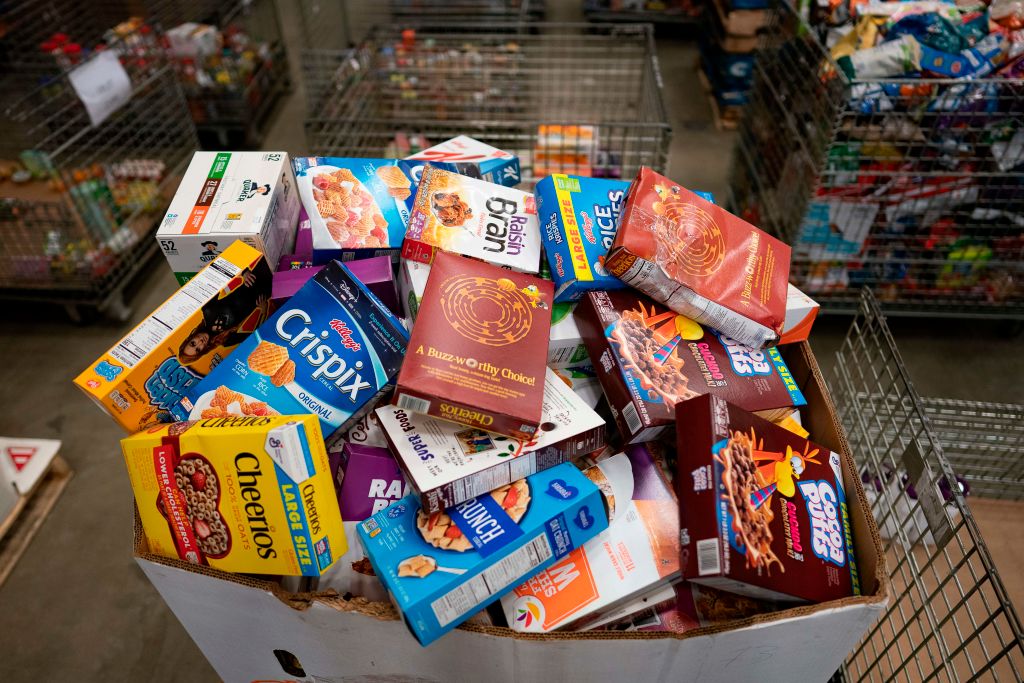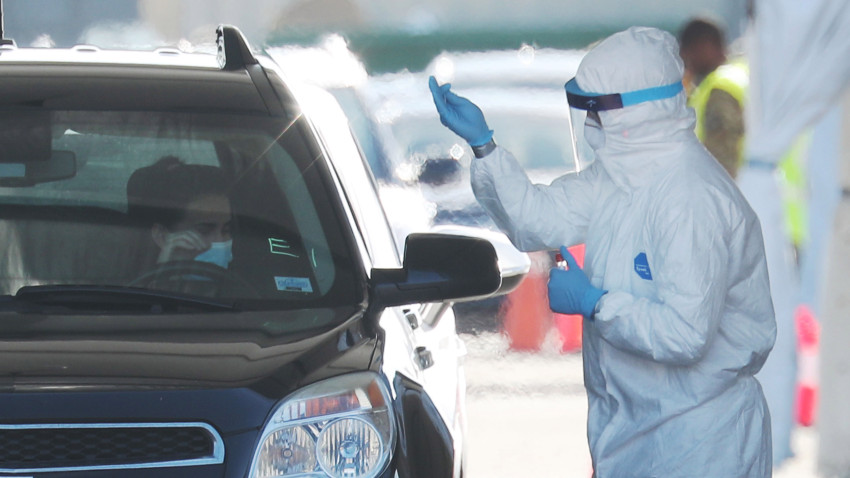What to Know
- Confirmed cases in the state increased by more than 1,100 Friday, to 17,968
- Florida's death toll reached 419, with about 2,500 people hospitalized for COVID-19 to date
- The infections remain concentrated in South Florida, with the epicenter focused on Miami-Dade and Broward counties
Florida’s outbreak of the coronavirus has now infected nearly 18,000 people, as the state's death toll rose to 419 Friday with more fatalities in Miami-Dade and Broward.
Confirmed cases in the state increased by more than 1,100 Friday, to 17968, according to figures released by the Florida Department of Health.
Florida had recorded 419 deaths, with about 2,500 people hospitalized for COVID-19 to date.
CORONAVIRUS LATEST
The infections remain concentrated in South Florida, with the epicenter focused on Miami-Dade and Broward counties.
Miami-Dade cases were at 6,300, about 36 percent of the state's total, with 84 deaths reported in the county.
At a news conference Friday, Miami-Dade Mayor Carlos Gimenez said the number of deaths in the county was closer to 109, and said he didn't know why there was a lag in reporting from the state.
"I think maybe the state has some more processes that they want to make sure it's a COVID-19 case, verify it, and so they're kind of swamped at the department of health," Gimenez said.
Meanwhile, Broward had 2,679 cases and 72 reported deaths, while Palm Beach had 1,431 cases and 79 deaths. Monroe County had 55 cases and 3 reported deaths.
The city of Miami continued to lead the state with infections, at 3,816. The next closest city was Hollywood, with 871, followed by Hialeah with 761.
Gov. Ron DeSantis said during a Friday news conference in Jacksonville that he was working to further expand testing, including widening the criteria for who can get tested at government-run testing sites.
Priority has been given to health care workers, emergency first responders and seniors. DeSantis said starting Monday, anyone with symptoms regardless of age will be able to get tested, along with anybody who has had close sustained contacts with someone who recently tested positive.
“This idea of an asymptomatic carrier and then how they would interact with the public, I think that’s important to know now as we continue to work to slow the spread,” DeSantis said. “But beyond this period, people that are asymptomatic, how much are they spreading it? How many of them have it? I think those are going to be good answers to have.”
DeSantis said the state would be taking over federally supported drive-thru testing sites near Jacksonville, Orlando and Miami after Friday. The sites are currently limited to 250 swabs a day, but DeSantis said the state is sending thousands of swabs to the sites and hopes to see more than 700 swabs taken daily.
DeSantis said about 1 in 140 Floridians have been tested for COVID-19, and the state was expected to reach 200,000 people tested next week. He added that the state had about 44 percent of hospital beds available as of Friday.
The Florida Department of Emergency Management sent out one of the biggest shipments of supplies in the department’s history on Thursday, DeSantis said. The state of Florida was shipping 2 million surgical masks, 300,000 face shields, more than 50,000 containers of hand sanitizer, 500,000 shoe covers, more than 100,000 gowns and 350,000 gloves. That brings the total supplies sent out by the state to 5.2 million masks, 500,000 face shields, 4.75 million gloves and 275,000 gowns.
The outbreak has forced bars, restaurants and schools to close and has kept much of the state’s population at home as health officials attempted to slow the spread of the virus and asked Floridians to keep their distance from one another.
Social distancing guidelines have forced schools to shutter — and they will remain closed until the end of the month amid uncertainty over when the 2.9 million children who attend public schools can return to their classrooms.
While some states have suspended classes for the rest of the year, Education Commissioner Richard Corcoran and the governor say they have not yet come to a decision whether they will be following suit.
“If it's safe we want kids to be in school," DeSantis said during his press briefing.
“If we get to a point where people think that we're on the other side of this, and we can get kids back in just for a couple of weeks, we think there would be some value in that," the governor said. "It would be a return to normalcy for a little bit.”



